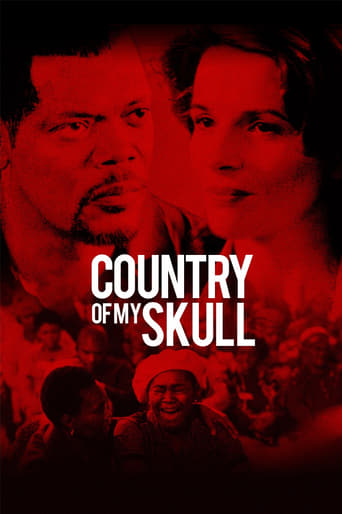


In My Country
An American reporter and an Afrikaans poet meet and fall in love while covering South Africa's Truth and Reconciliation Commission hearings.
-
- Cast:
- Samuel L. Jackson , Juliette Binoche , Brendan Gleeson , Langley Kirkwood , Harriet Lenabe , Warona Seane , Robert Hobbs


Similar titles
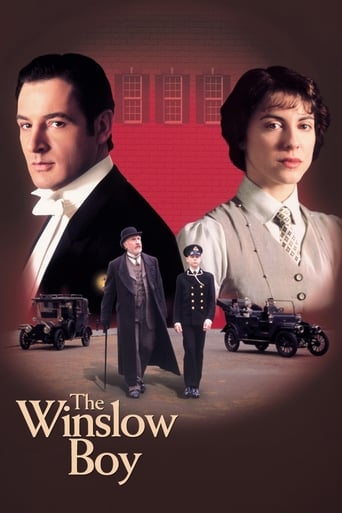
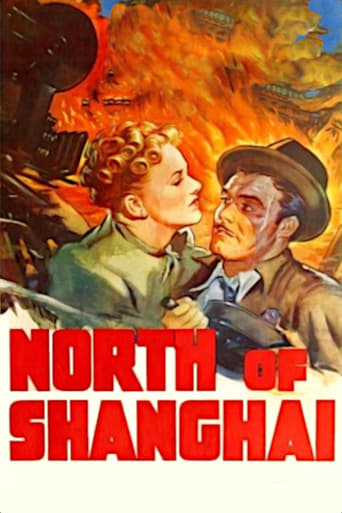
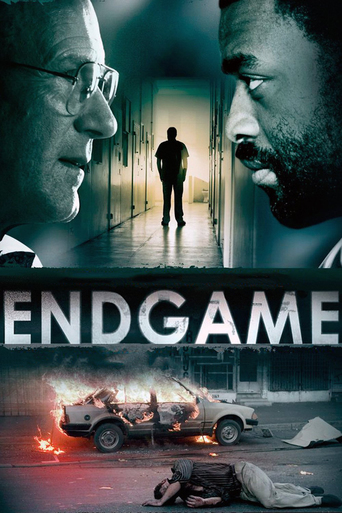
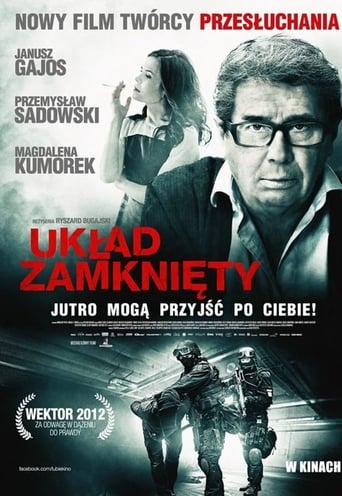
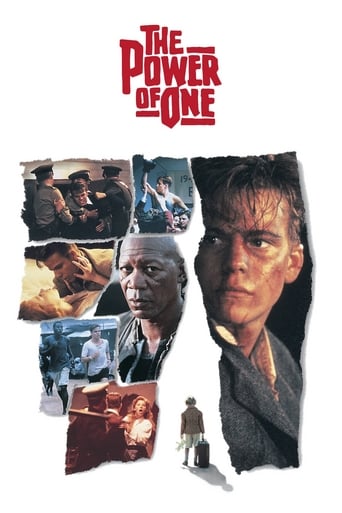
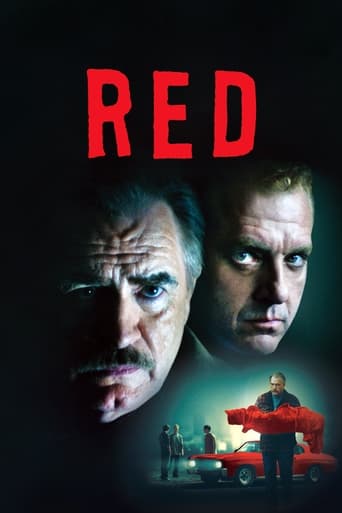
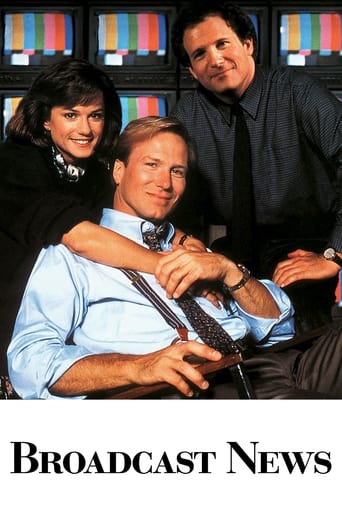
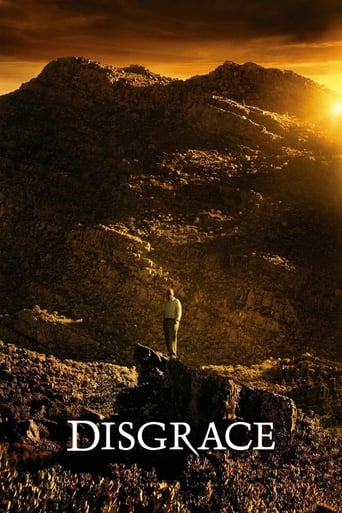
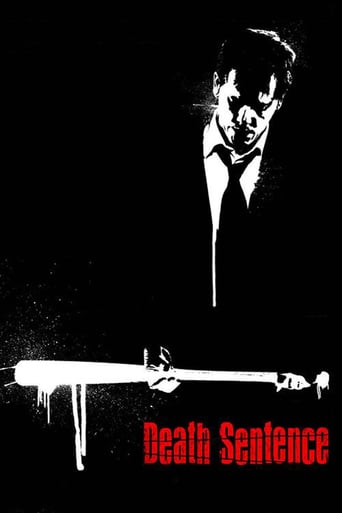
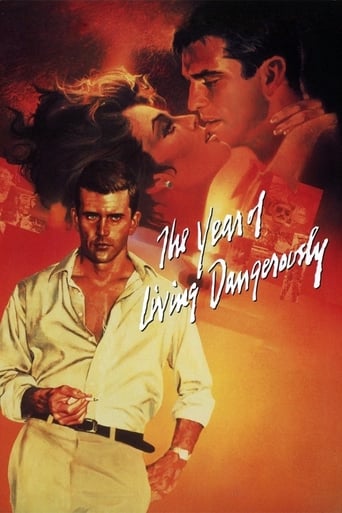
Reviews
A Disappointing Continuation
At first rather annoying in its heavy emphasis on reenactments, this movie ultimately proves fascinating, simply because the complicated, highly dramatic tale it tells still almost defies belief.
This is a small, humorous movie in some ways, but it has a huge heart. What a nice experience.
The movie's neither hopeful in contrived ways, nor hopeless in different contrived ways. Somehow it manages to be wonderful
It's a shame that I didn't get the emotional punch I felt as if I was supposed to have when watching In My Country, Country of my Skull to many others. You cannot force emotion and you cannot force an opinion on a film so whilst In My Country is nicely unfolded and is visually engaging for what it is, the fact that some people are pouring their hearts out in apparent regret at various points over horrific prior activity and I'm not feeling the pinch, I suppose you have to consider the film a minor failure.But why is it that In My Country doesn't pack the necessary heat to make one identify and feel upset for the characters on screen? I think a lot of it is down to the overall approach director John Boorman adopts. The film feels like several things at once rather than an actual case-study of post-Apartheid era events that will change and affect lives just as lives were changed and affected during the era. You might argue that the best way to tackle historical issues that deal with human cruelty to other humans is to set whatever story or narrative you're doing during the actual time thus giving a first hand account of what went down and how. Many films have done this in the past but films such as The Pianist and perhaps more notably The Deer Hunter are so vast in their scale that they manage to cover life prior to 'the event'; the event(s) themselves and then the aftermath of it all through either escape or returning to their former lives before 'the event'.Interestingly, both those films look at prisoner of war scenarios, Jews to the Nazis and Americans to the Vietnamese, respectively. In My Country is more a look at what happens after 'the event', that being the Apartheid and all the atrocities that befell South Africa midway through the twentieth century. Trouble here is that the best the rest of the world can do here is show up, look glum at a couple of press conferences in which South African men of the law admit what they did and then report on the confessions, something that one character cannot even get much space for in his respective newspaper.As a film alone, In My Country works as a re-telling of events that happened after an atrocity but it never delves deep into its subject matter. The Apartheid and the people involved in the Apartheid are not the central characters in fact they are relegated to giving accounts at timely spaced intervals throughout the film that hope to produce the odd tear from the audience. Families of the victims bursting into tears and music native to Africa that balres up try to add to the emotion felt in these scenes. But that's about as good as it gets with the rest of it crossing genres in and out of romance, historical, melodrama and the overall approach that gets tangled up that is the docu-drama.At its very centre, In My Country has an American journalist named Langston Whitfield (Jackson) travelling to a country to cover events few people will have an interest in. It's interesting that a film dealing with the post-Apartheid era would have an American at its core as the lead male and not a South African. There is a South African lead of sorts but they are female and they are pulled up by Whitfield on more than one occasion about the treatment they gave the black inhabitants of the nation. Here there is a confused triangle of conflict; Whitfield is American and complains about Anna Malan's (Binoche) nation's treatment of blacks but as an American he could be read into as representing America, a powerful nation that did nothing about the Apartheid anyway. Then there is the fact Whitfield is black himself and his beef with Malan's nation's treatment of blacks could just be something personal.The fact Malan is female in the first place immediately relegates her from what she would have been had the character been male. As a male, Malan would have made a good foil for Whitfield and the personal prejudice might not have existed as much. It's no secret that women in films have always been lowered somewhat when pitted against men indeed theorists have argued that all films are shot for the male audience in mind so women view things through a male perspective when watching a film. But the fact sexual tension is present in the film between these two adds another layer of confusion and opens up the possibility that the film could fall into the romance as well as the, shock, 'buddy' genre. They fit the bill in the sense they are binary opposites to one another (black/white; male/female; American/South African, etc.) and rebound dialogue off one another but is there really space for 'buddy' content in a film about post-Apartheid South Africa?Twinned with this, there are other sloppy instances that aid the film in its mediocrity. When we first get an introduction of any sorts of chief villain De Jager (Gleeson), it is a visit to his house at night; complete with eerie music and we see a lot of animal heads on his wall he must be a baddie. As well as this clumsy labelling, De Jager's press conference right nearer the end does not act as the final moral catalyst for the film but rather as a plot point for Anna's family to ultimately fall apart which was unfortunate. While it's all nicely unfolded and cute for what it is, In My Country bogs itself down with confused studies and feels like a missed opportunity.
I have been procrastinating allot this weekend watching movies, first I saw Disturbia - best teen horror movie to come out of Hollywood in a long time, then I accidentally saw Catch a Fire - I thought it was about something else and I decided to watch Country of My Skull as well. It actually turned out quite well, since I have an assignment due in 2 weeks about affirmative action in Social Psychology and these movies both just sensitized me again to that part of my heritage. For the ignorant however, our society is quite different from what is depicted in Hollywood dramas. There is still allot to be overcome, but we have achieved probably more than any other society have ever in terms of social trust - that's a difficult argument, but figure it out for yourself.Catch a fire was much better than this movie though, Juliette Binoche's role as a conscientious Afrikaans women isn't very accurate, and her emotional outbursts are to histrionic, almost psychotic. Both my parents were like that, and the dynamics of South African society gives far greater lea way than a foreigner would expect. It isn't necessary to act all guilty like for crimes you didn't commit and governance philosophies you didn't support to achieve acceptance among those affected by it. South African blacks are actually quite chilled out in general, if you simply show respect they act indiscriminately regarding the apartheid era. Maybe I'm just to young to really know.Between Tim Robbens, Juliette Binoche, the guy who was Stander and Leonardo Dicaprio; Tim and Leo's performances of white Southern Africans has been by far the best.
I found this movie interesting because I realized just how ignorant I am of South Africa's recent history. The movie seemed to give a fairly balanced retrospective of what went on during apartheid. That is, it showed many sides. I certainly liked the focus on forgiveness.But as a film it was very mediocre. The cast could have done so much more. I found the characters to be very flat most of the time. When they did get emotional, it seemed forced. I couldn't really sympathize with any character.It was a bit like watching a comedian who is telling good jokes with poor timing, if you know what I mean.
Recap: The Truth and Reconciliation Commission is about to start in South Africa in a try to start a healing process in the divided country. People are able to bring their stories, their questions and their grievances before the commission and the responsible perpetrators is granted amnesty, if they tell the entire truth and can prove that their action were politically motivated, i.e. they were following orders. Journalists from the entire world travel to cover the event and so Anna Malan, an Afrikaan poet working for a South African station meet with American reporter Langston Whitfield. Together with Anna's sound technician Dumi Mkhalipi (and a lot of other journalists) they follow the Commission that tours the country and listen to the appalling stories.Comments: A interesting and catching movie trying to heal some wounds that tore through South Africa. Most appalling stories are brought to the front, but also forgiveness and images of a beautiful country. Binoche and Jackson perform beautifully as the reporters but the best acting performances is done by Menzi Ngubane as the charming sound technician Dumi and Brendan Gleeson as the cold calculating apartheid colonel De Jager, whom Whitfield interviews. That interview is told parallel to the main story and those subplots interact in a very interesting fashion.It is a good pairing with Binoche and Jackson, and one could feel early on that there was something between their characters. But when it started to get a little warm I thought, "Luckily she is married (happily) and has three boys, and he is probably married too (we only know that he has one kid)". Ten seconds later they went at it. I think it was unfortunate and unnecessary to bring in a love/cheat story into this as it steals attention and focus from the main cause, the commission. I guess the team wanted some drama, added to the main story that almost is a dramatized documentary. But they are wrong, the main story is strong enough on its own, and it was a mistake to introduce the love story. They should have stuck to the main story alone, it would have been better.7/10
